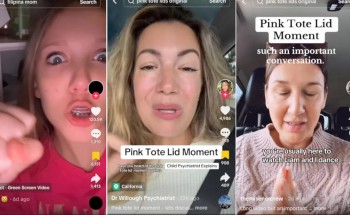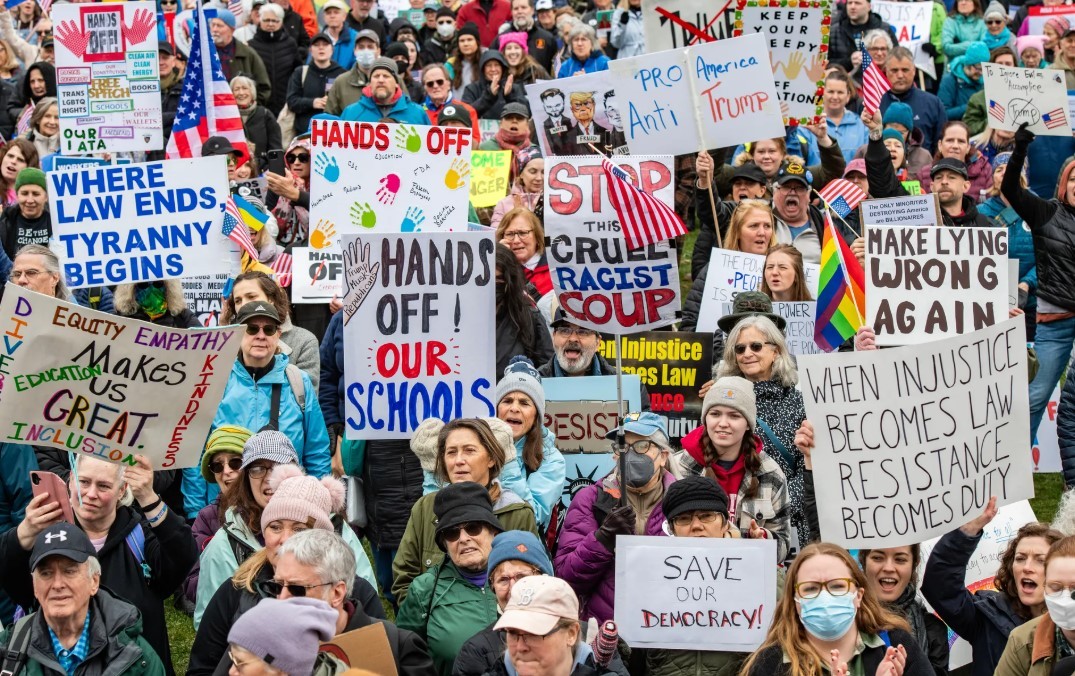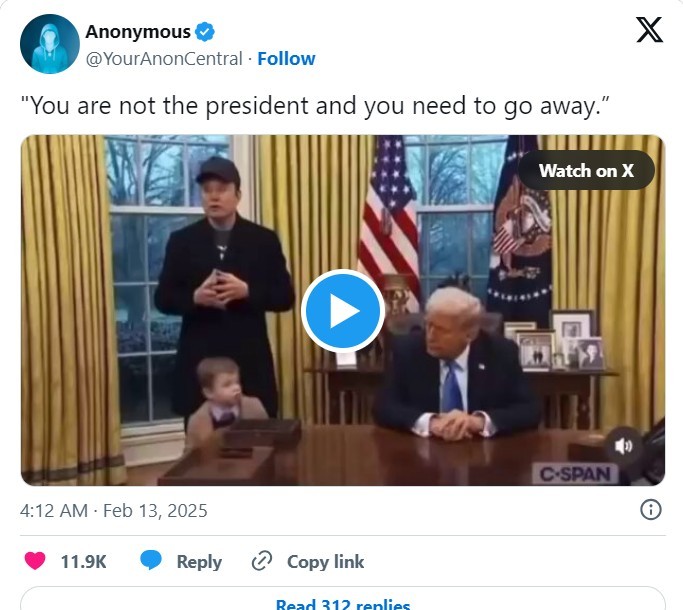TikTok Ban in the US: What’s happening, Why it matters, and What comes next
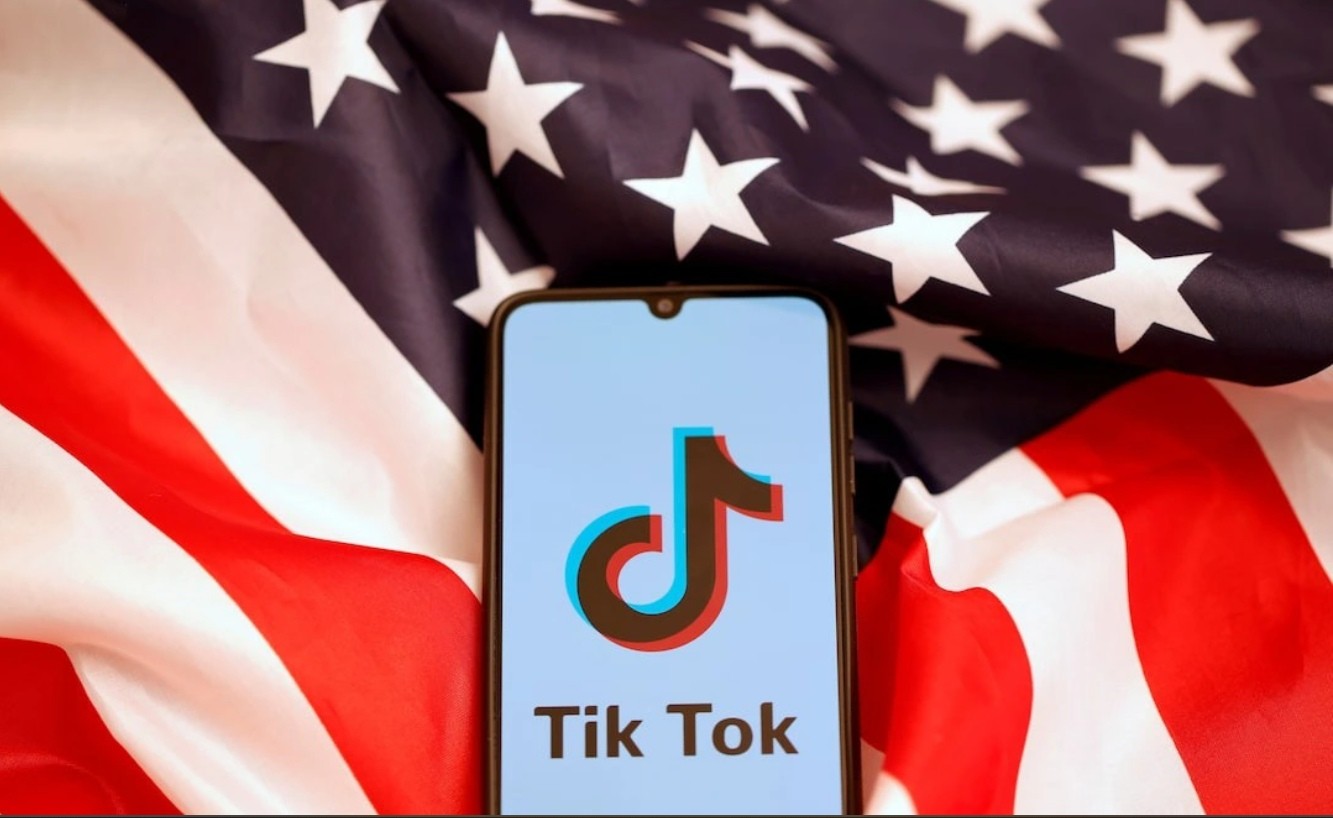 |
With over 150 million U.S. users, TikTok is a cultural phenomenon, but its Chinese ownership through ByteDance has put it at the center of geopolitical tensions. Here’s an in-depth look at the controversy, examples, and what might unfold.
| An Appeals Court on Friday upheld a law that would force TikTok owner ByteDance to sell the popular short-form video app or see it banned throughout the country. The law doesn’t specifically ban TikTok but blocks app stores like Apple’s App Store or Google’s Play Store from distributing it unless ByteDance divests itself from the social network. |
Why the TikTok Ban is on the Table
-
National Security Concerns
U.S. officials worry that TikTok collects massive amounts of user data, which could be accessed by the Chinese government under its national security laws. For example, a 2023 Pew survey found that 70% of Americans were concerned about foreign governments accessing their data.
-
Legislative Pressure
The PAFACA Act (Protecting America’s Freedoms Against Chinese Aggression) was signed into law in 2024, giving federal agencies more power to restrict apps tied to foreign adversaries. Some states like Montana already implemented statewide TikTok bans, citing similar security risks.
-
Evidence of Influence
Allegations have surfaced that TikTok’s algorithm promotes content aligning with Chinese state interests. For instance, a Stanford study in 2022 suggested the app suppresses content critical of China in subtle ways.
TikTok's Popularity: A Closer Look
- 150 million users in the U.S., according to ByteDance’s 2024 report.
- TikTok accounted for 40% of all short-form video traffic globally in 2023.
- Time spent per day: TikTok users average 95 minutes daily, compared to 50 minutes on Instagram.
These figures underline TikTok’s dominance, especially among Gen Z, where it’s the go-to app for entertainment and social interaction.
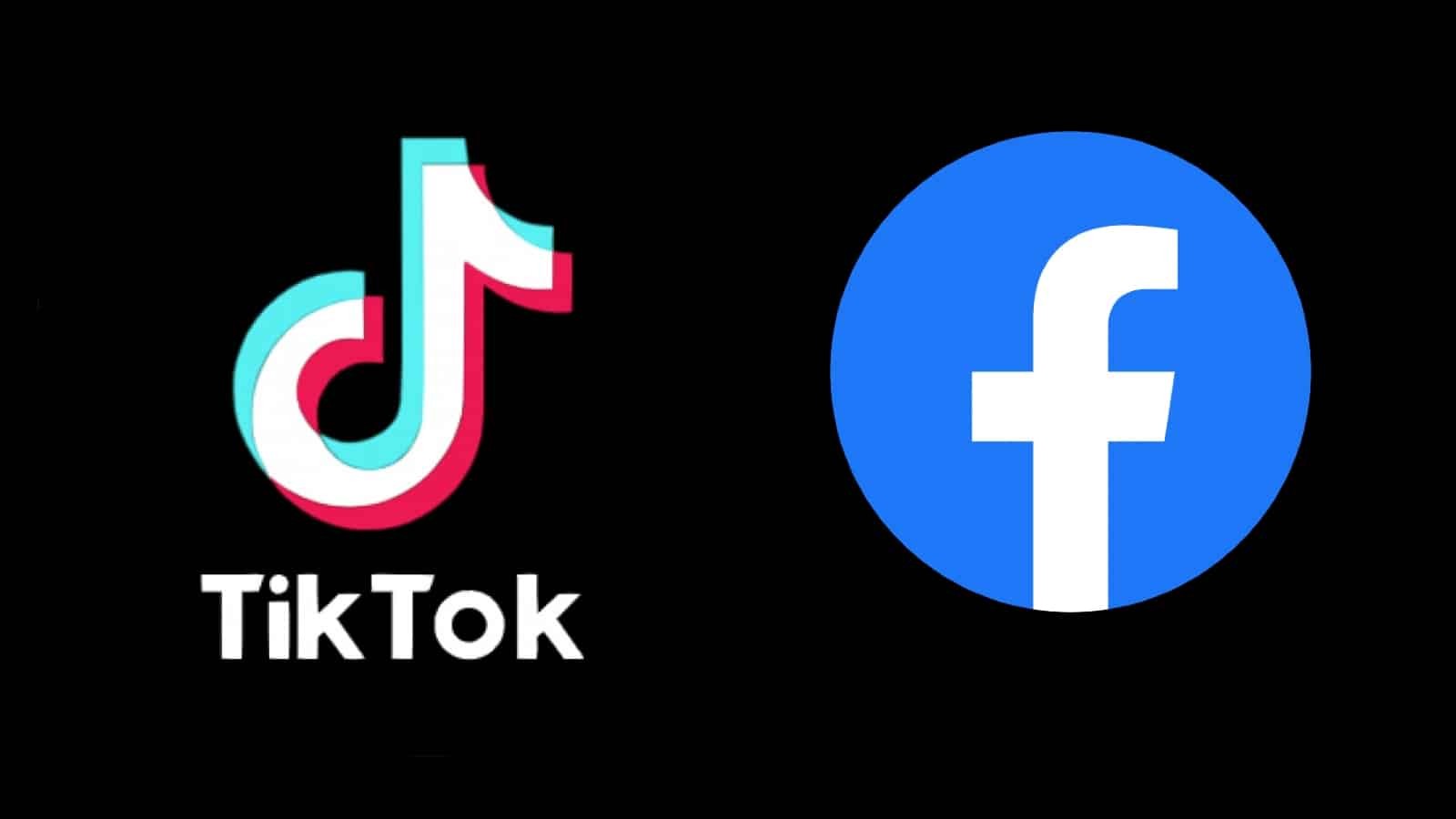 |
TikTok vs. Meta: The Corporate Rivalry
-
Revenue and Engagement
TikTok generated $9.9 billion in global ad revenue in 2023, giving Meta’s platforms, Instagram and Facebook, a run for their money. Meta has repeatedly lobbied Congress to scrutinize TikTok, arguing it operates unfairly under looser regulatory oversight.
-
Copycat Strategies
Meta introduced Instagram Reels and Facebook Stories, designed to mimic TikTok’s short video format. However, a leaked internal report revealed Reels engagement was 50% lower than TikTok’s.
-
Lobbying Power
Meta spent $20 million in 2023 lobbying against TikTok’s operations, emphasizing security risks while promoting its platforms as safer alternatives.
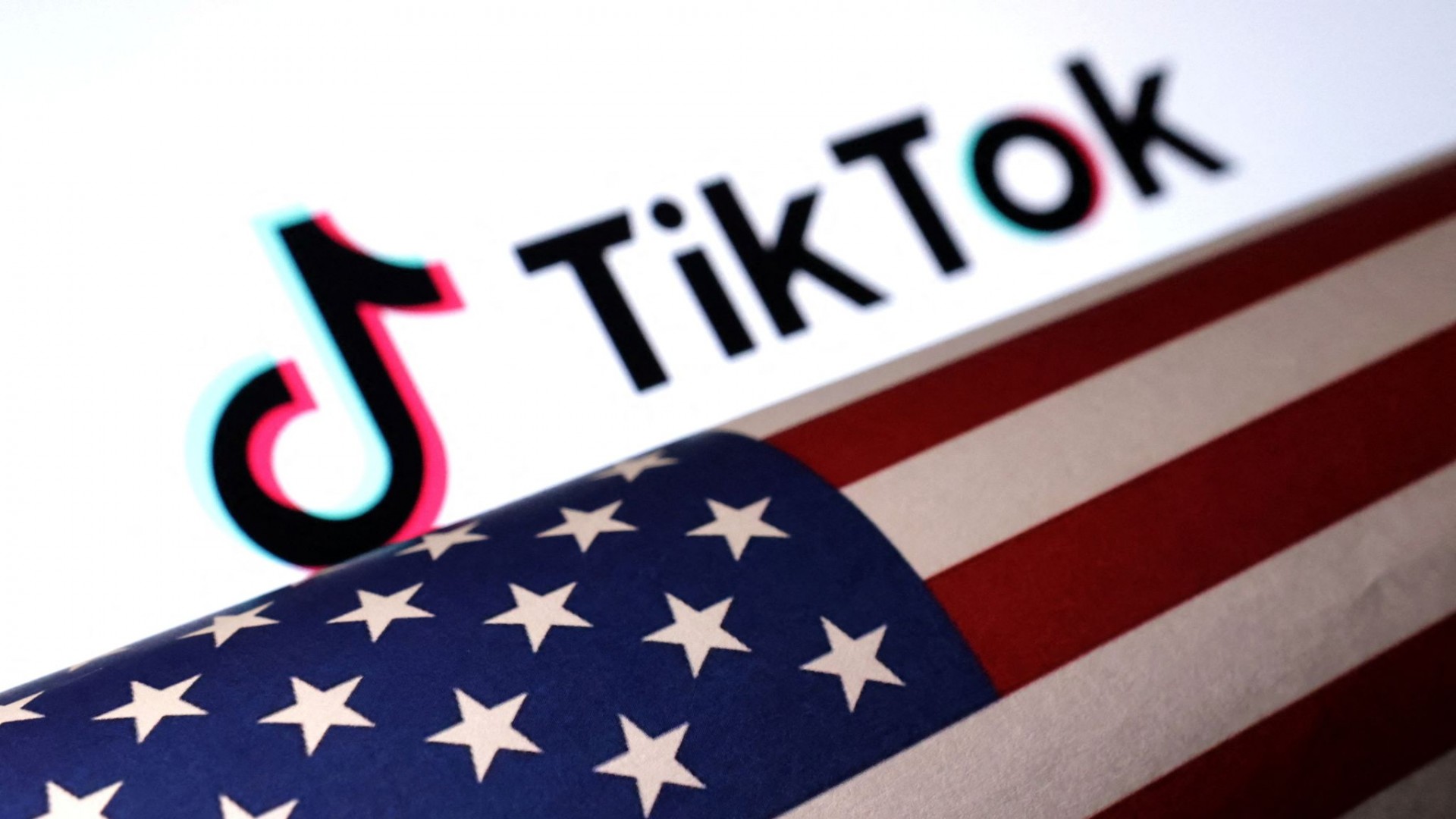 |
Potential Outcomes of a TikTok Ban
-
Complete Ban
If ByteDance doesn’t divest TikTok’s U.S. operations, the government may implement a total ban, as it has already done on federal devices and within some states. Experts predict this could drive users to competitors like Instagram and YouTube.
-
Forced Sale
ByteDance could sell TikTok to a U.S.-based company to alleviate security concerns. Previously, Microsoft and Oracle expressed interest, but negotiations failed in 2020.
-
Partial Restrictions
The Biden administration has proposed storing all U.S. user data domestically through Oracle, but analysts believe this doesn’t fully eliminate risks.
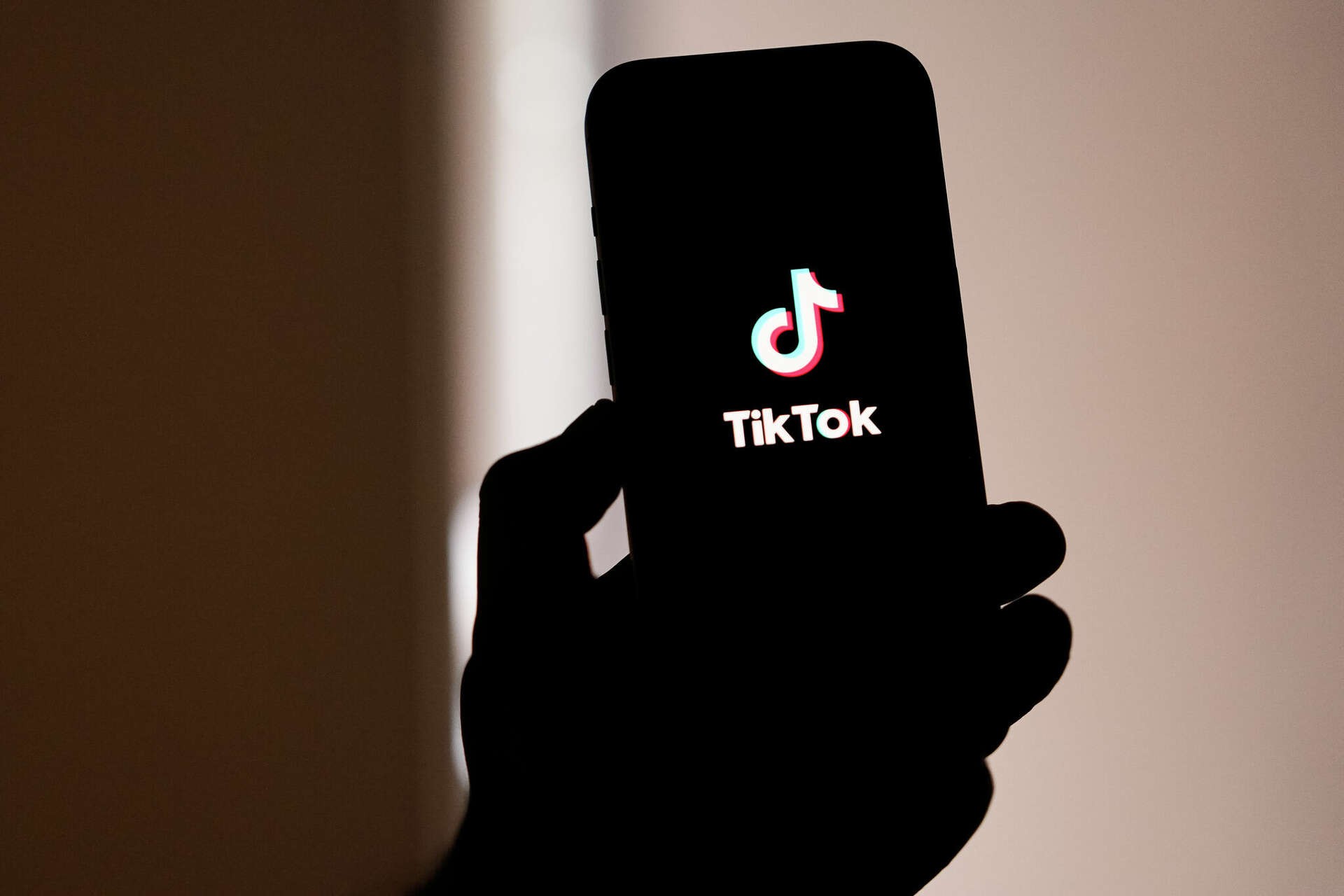 |
Real-World Impacts and Numbers
- Creators’ Earnings: TikTok creators earned $1.5 billion globally in 2023 through brand partnerships. A ban could jeopardize these livelihoods, forcing creators to pivot to less lucrative platforms.
- Economic Ripple Effect: The app contributes to $4.6 billion in U.S. economic activity annually through ads, sponsorships, and user spending.
- Small Businesses: Nearly 5 million U.S. small businesses use TikTok for marketing, with 48% reporting it as their primary source of new customers.
FAQs
1. Why does the U.S. want to ban TikTok?
The U.S. government fears that TikTok collects user data that could be accessed by the Chinese government, posing a national security risk.
2. Has TikTok been banned anywhere else?
Yes, TikTok is banned in India and partially restricted in Pakistan for similar privacy and content moderation concerns.
3. What is TikTok’s response to the ban?
TikTok denies sharing user data with the Chinese government and launched “Project Texas,” a $1.5 billion initiative to store U.S. data domestically.
4. What role does Meta play in this controversy?
Meta, a rival social media giant, actively lobbies against TikTok, highlighting security risks while positioning its platforms as alternatives.
5. Are there U.S. alternatives to TikTok?
Yes, platforms like Instagram Reels, YouTube Shorts, and Snapchat Spotlight offer similar short-video formats but haven’t matched TikTok’s engagement.
6. Will banning TikTok affect U.S.-China relations?
Yes, a ban could escalate tensions between the U.S. and China, impacting trade and diplomatic negotiations.
7. How do creators feel about the ban?
Many creators oppose the ban, arguing it threatens their income and freedom of expression. Some have started diversifying to other platforms.
8. Could TikTok sell its U.S. operations?
ByteDance may consider selling TikTok’s U.S. branch to avoid a ban. Previous talks with companies like Oracle have stalled due to regulatory hurdles.
9. How secure is TikTok’s data storage?
TikTok claims all U.S. data is stored on servers controlled by Oracle, but critics say ByteDance’s ownership still poses risks.
10. When will the TikTok ban decision be finalized?
Federal courts upheld TikTok restrictions in late 2024, but ByteDance plans to appeal to the Supreme Court. A final ruling may take months.
The TikTok ban debate captures the intersection of technology, geopolitics, and economics. With its unmatched user engagement and cultural impact, banning TikTok would reshape the digital landscape. However, concerns over privacy and national security leave its future hanging in the balance. Whether through stricter regulation, a forced sale, or an outright ban, the TikTok saga will remain a defining issue for tech policy in 2024 and beyond.


